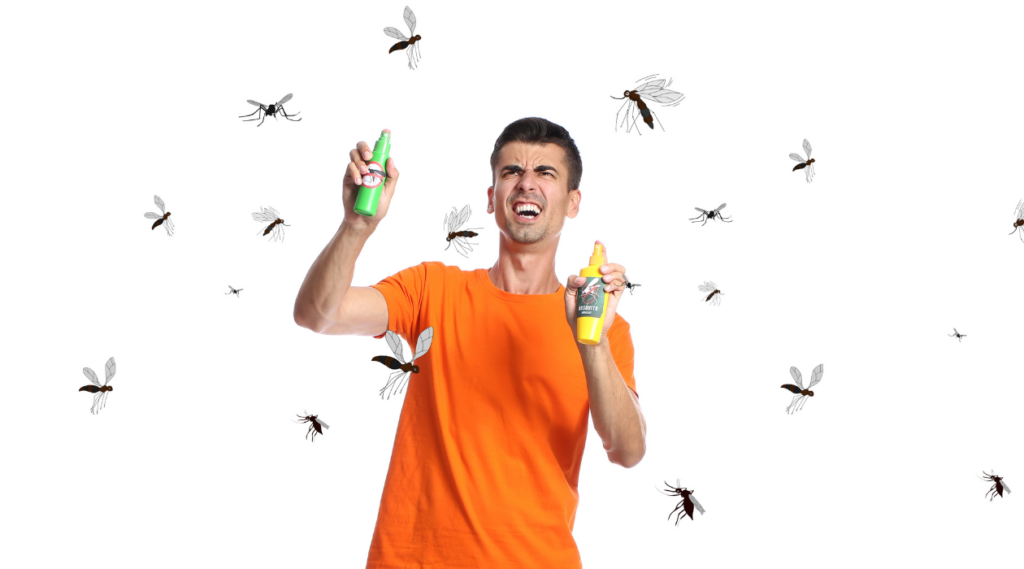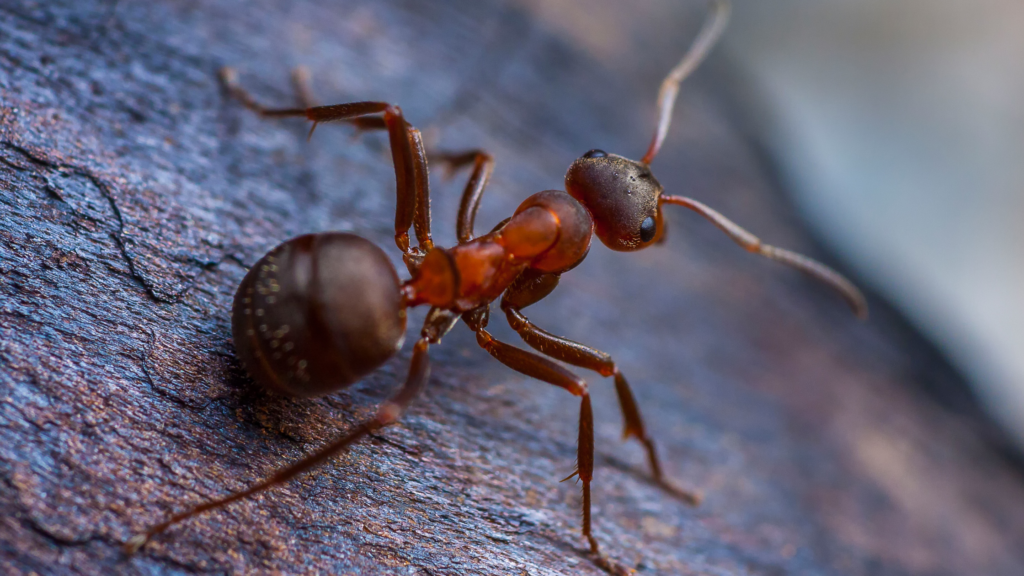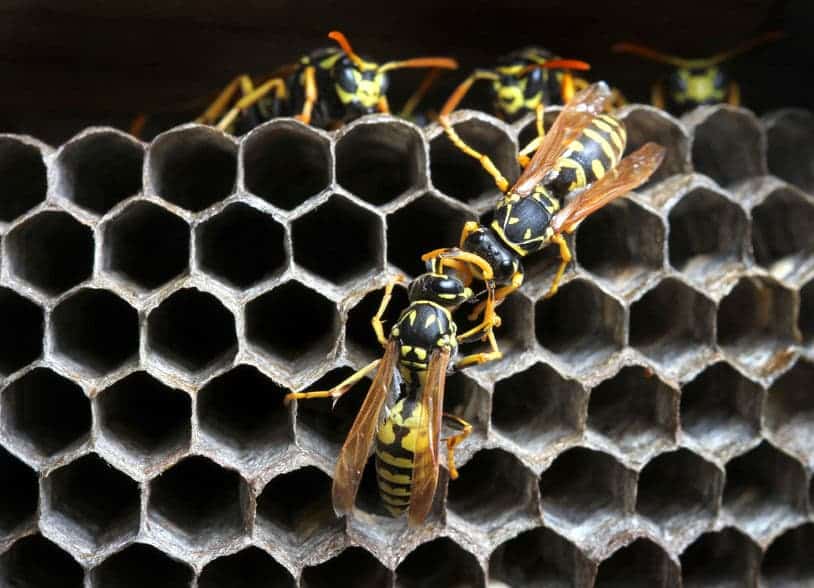
Mosquitoes are a global menace and are commonly referred to as the deadliest animal in the world due to their proliferation of disease. Controlling mosquito populations is essential for protecting public health and ensuring comfortable outdoor living spaces. While we’ve come a long way with mosquito control in Florida, that doesn’t mean the fight is over. A lot of folks want a simple answer when it comes to mosquito control, and we try to deliver. So, what are 3 common methods to control mosquitoes?
Well, our success depends on the continued effort to keep mosquito populations manageable. Both mosquito control measures in communities and mosquito control methods at home are key to an impactful strategy. To better understand the importance of mosquito control, let’s first understand their lifecycle.
Understanding the Lifecycle of Mosquitoes
In Florida’s warm and humid climate, mosquitoes aren’t just bothersome pests; they’re a fact of life. We’re stuck with them to some extent, but understanding how mosquitoes grow and develop is essential for effective pest control and safeguarding against mosquito-borne illnesses.
The mosquito lifecycle kicks off with the egg stage. Female mosquitoes lay their eggs in water or damp organic material, which is plentiful in Florida’s marshes, swamps, ponds, and even in backyard containers. These eggs can hatch within days or lay dormant for months until conditions are just right. During Florida’s wet season, from May to October, frequent rainfall provides ample breeding grounds for mosquitoes, leading to a surge in egg-laying activity.
Once hatched, mosquito larvae emerge. These tiny, squirming larvae reside in water and feed on organic matter and tiny organisms. In Florida’s warm and damp weather, larvae grow quickly, passing through four stages before advancing to the next. They thrive particularly well in the warm, shallow waters found in Florida’s wetlands and urban areas, although they’re susceptible to predators and environmental changes.
Following the larval stage comes the pupal stage. Mosquitoes transform into pupae during this phase, which are inactive and do not feed. They spend most of their time near the water’s surface, undergoing metamorphosis and developing the characteristics of adult mosquitoes. In Florida, pupae are commonly found in various water sources like ditches, birdbaths, and flowerpots. This stage usually lasts a few days before adult mosquitoes emerge.
The last phase is the adult stage, where mosquitoes break free from their pupal shells and take flight. Female mosquitoes require a blood meal to lay eggs, while males mainly feed on nectar. In Florida, the abundance of hosts such as humans, birds, and mammals ensures a steady supply of blood for female mosquitoes. The warm temperatures and high humidity further contribute to their longevity and reproductive success.
What is the Main Method of Controlling Mosquitoes?
One of the primary methods of controlling mosquitoes is through prevention and community-based measures. This approach involves eliminating mosquito breeding sites and implementing strategies to reduce mosquito populations in the community. By targeting areas with standing water where mosquitoes like to lay their eggs, including stagnant ponds, puddles, and clogged gutters, communities, and homeowners can help reduce mosquito populations and minimize the risk of mosquito-borne diseases.
What is the Best Method of Mosquito Control?
Biological control of mosquitoes is considered one of the most effective methods for long-term mosquito management. This approach involves the use of natural predators, such as certain species of fish, dragonflies, and bacteria, to control mosquito populations. For example, introducing fish that eat mosquito larvae into bodies of water can help control mosquito larvae, therefore reducing the number of adult mosquitoes that emerge. Biological control methods are environmentally friendly and can provide sustainable mosquito management solutions. This is a key step in the Integrated Pest Management approach.
What Form of Mosquito Control is Most Commonly Used?
Home mosquito control methods are widely utilized by homeowners to protect their living spaces from mosquito infestations. These methods include using mosquito repellents, installing screens on windows and doors, and eliminating standing water around the property. Additionally, mosquito traps and insecticide-treated bed nets can help reduce mosquito populations indoors. Homeowners can also opt for professional mosquito control services, such as fogging or misting treatments, to effectively manage mosquito populations on their properties.
What is the Most Effective Mosquito Repellent Method?
Chemical control of mosquitoes is often employed to reduce mosquito populations in outdoor areas. This method involves the use of insecticides, such as pyrethroids or organophosphates, to kill adult mosquitoes and disrupt their breeding cycles. Mosquito control programs, conducted by trained professionals, may include larvicide, adulticide, or habitat modification to target mosquito populations at various life stages. While chemical control methods can be effective, it’s essential to use them responsibly and follow safety guidelines to minimize environmental impact and protect non-target organisms.
For more information, call our team at (800)225-5305 or schedule a free inspection online.



